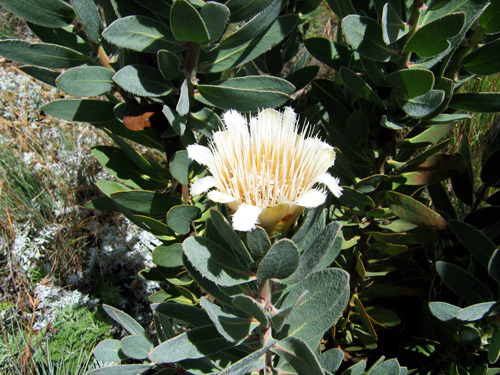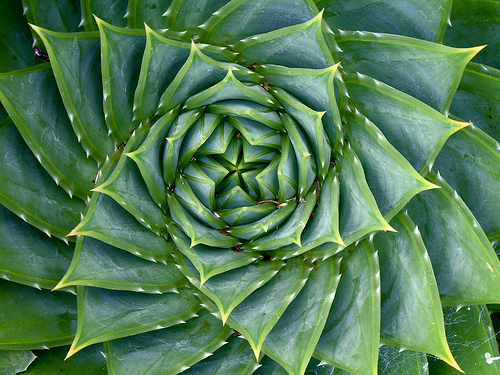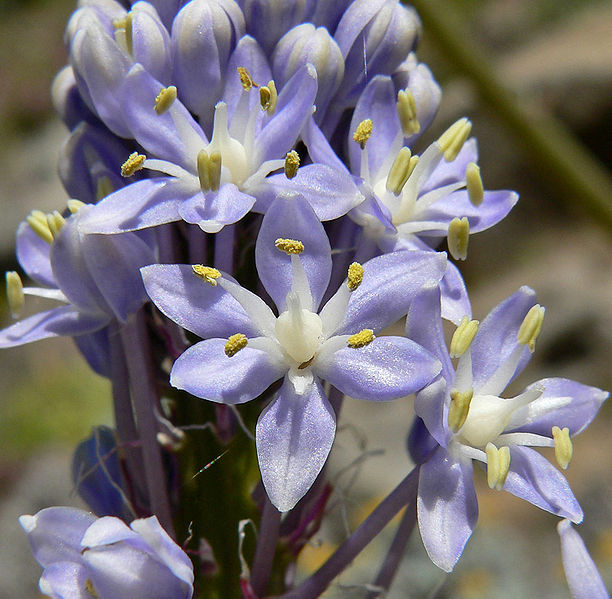Introduction:
Some of these small but lovely flowers are very clever as they only show themselves in a very dry grassland habitat or sometimes immediately after grassland burning they become the first conspicuous flowers to be realized. This behaviour makes it easy again to be realized by pollinators as there will be less competition around it.
Description:
Family – Iridaceae – Iris family
Moraea stricta – Blou tulp (Africans)
Flowers pale lilac to violet-blue with yellow-orange nectar guides on the outer petals.
When flowering the leaves are completely absent with only upright stem with a flower on top. It will be in full bloom at the end of the dry winter period, right before the summer rains begin (July – November). Unfortunately, if you miss seeing it when in full bloom, you only see the seed pods that are left after it discards the petals. At the same time, the leaves will have quickly developed and grown similarly to grass leaves and make more difficult for inexperienced plant lover to identify it.
Cultivation and Care:
Makes a very attractive garden plant, able to been grown from both seeds and corms. It makes better display if grown in a cluster of 5 – 10 plants in a 10 cm diameter flower pot. It needs well-drained, gravelly soil in a sunny position.
Distribution and habitat:
It is a widely spread plant that grows in grasslands, foothills and all the way up to the mountains. Sometimes it could be found growing among dry and dwarf shrubs in a boulder – bed scrub. It occurs naturally at an altitude of up to 2400 meter above sea level.
Uses:
The corms are said to be eaten by locals in Lesotho although some “Moraea” are poisonous to livestock.







No Comments